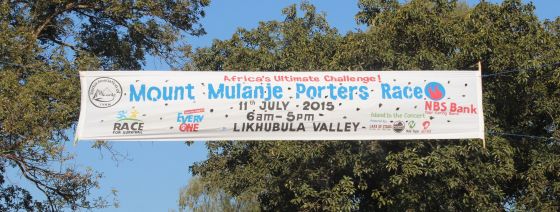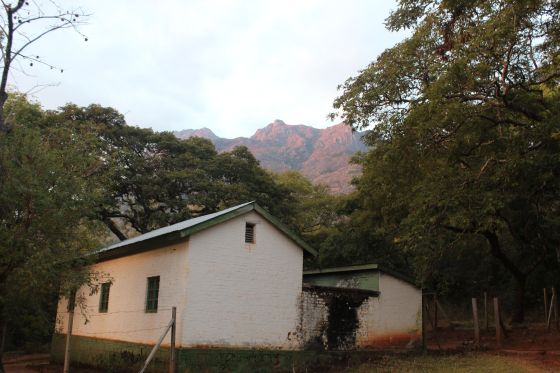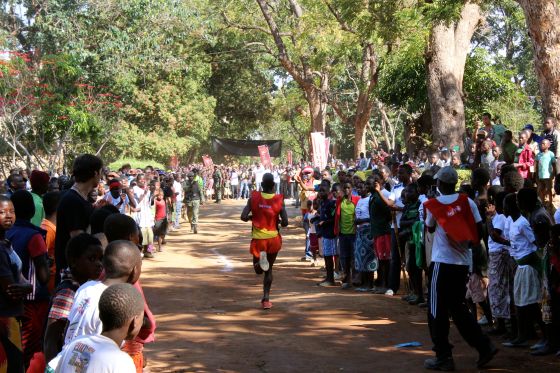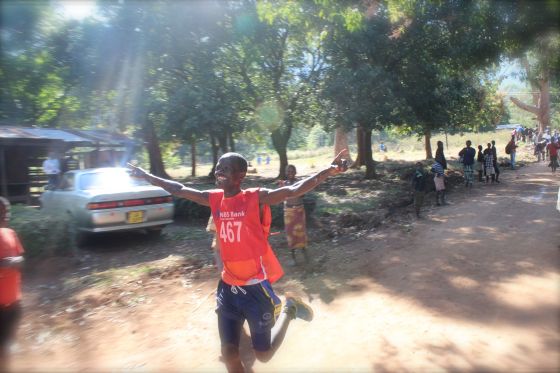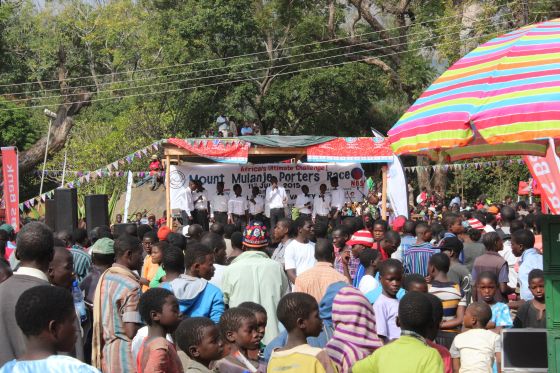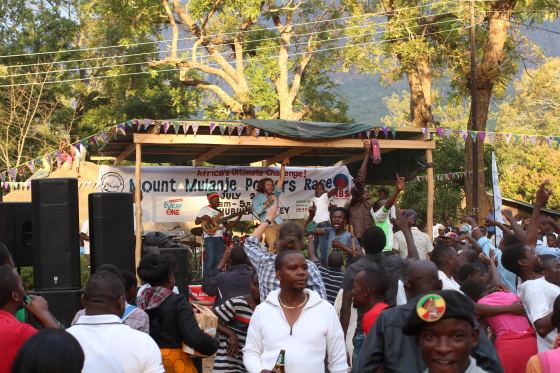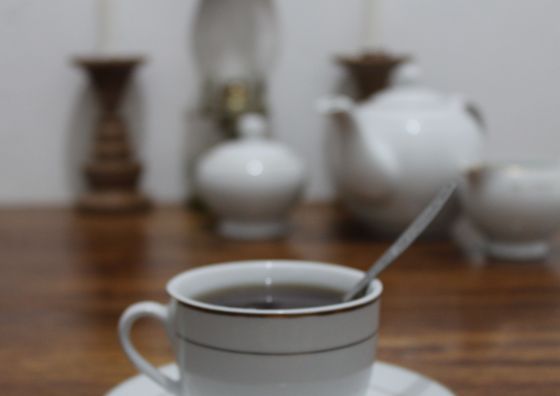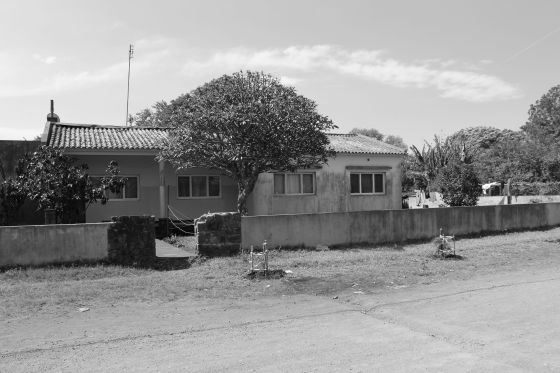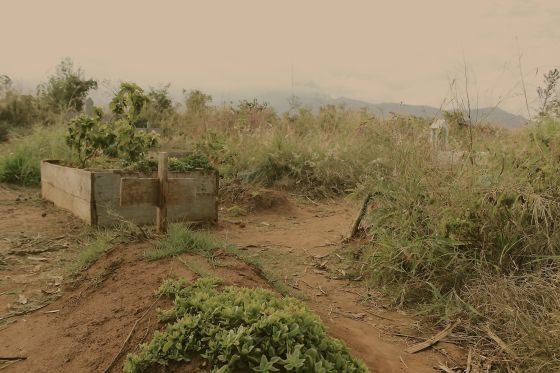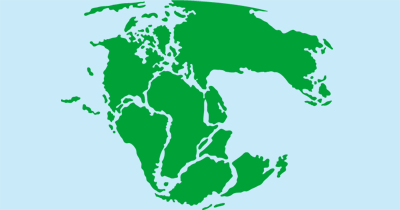“The route is rocky and hazardous and the paths are small. But this is Malawi’s only extreme sport, runners cover such a tiring distance of 25km in less than three hours.” The Nyasa Times was right but a little lenient on the timing; the winner ended up finishing the race in about 2 hours and 7 minutes. Not a bad time for summiting and descending down Malawi’s highest peak if you ask me.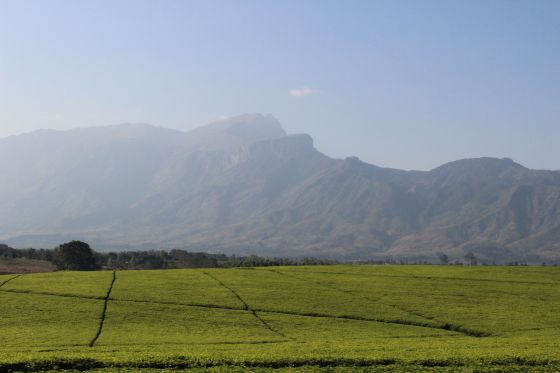
As we arrived as this legendary event, crowds were surrounding the streets; there was a buzz of people chatting, standing around, and shopping from the local artisans. As we drove by taking everything in, we decided to drop off our tents and bags while we let the runners do their thing.
After setting up, we decided to head down the mountain to enjoy the festivities. Overwhelmed by the amount of foreigners and people in general, I walked around as a zombie – not talking but absorbing everything going on. There was a barbecue area, a stage for concerts, and a small art market; this was the place to be, but not for too long. News spread quickly that the first finisher was approaching.
We lined the path with necks strained trying to peak around the next person for a glimpse of the runners. With people everywhere and so much excitement, the police were clearing the trail for the runners. As I turned to watch the corralling, I heard a boisterous cheer from behind me. My head shot around with eyes fixed waiting for the runner to come around the bend. There he was. He had a steady gate and wasn’t even breaking a sweat; this man was a machine. As he turned to the winners circle, kids followed by the masses just trying to get a glimpse of the winner finish.
As we were settling down from the first runner, we heard more cheers ahead. The second runner was already here, and he brought more joy along the way. With a smile from ear to ear, he was overwhelmed with all of the support. All the way to the finish line, he was getting the crowd louder by giving everyone he passed high fives.
As the runners kept flowing in, the crowd dispersed and we decided to relocate. Following some friends of Joanne and Andrew, we settled on a rock in the middle of a stream. It was the perfect vantage point between the water, the mountain, and the runner. Also, it allowed for some rock hopping to kill time between the runners.
Although still maintaing a loud cheer as the runners past, we allowed ourselves to sink into the surroundings. Basking in the sun allowed for the perfect blend of feeling the rays on your body but never getting too hot. Well at least for most people. Some people decided that sitting around wasn’t sufficient for them, and they decided to take a dip in the tempting pool while they waited.
After the last runner was seen coming down the mountain, our neighbors on the rock decided it was time to celebrate. Champagne was popped and glasses poured. Unbeknownst to me, the celebration wasn’t for the race ending, but the runner was one of their friends. There was a quick pitstop from the runner for a mid-race champagne toast before she trucked on to the finish.
After this small celebration, people began to disperse. Some went looking for food while others decided to call it a day and take a short midday nap. However, we weren’t ready to pack it in quite yet; the party continued down to the concert venue.
With people scattered throughout, the performers had some potential of making things into a party. However, it seemed that most people were wiped out from the race and felt like taking it easy. Following the ways of the masses, we decided to take our recess at the cabin.
While things were settling down at the campsite with an old fashion board game and conversation, I had a gut feeling that I needed to go back; the music was flowing through my veins and calling me back to the concert. And honestly, if I heard what was about to happen next I’m not sure I would have believed as I trekked back down the hill.
As I turned the corner to the concert area, I saw dancing. It wasn’t the type of dancing that you sometimes see at festivals or the dancing that you see in the States. There was no grinding, no swing, or people steeling the limelight. There was just a feeling; the people were connected to the music and moving with it without a care for appearances. It was a bunch of grown men dancing around an area in the way that your 5-year-old self danced: no sense of rhythm, the beat, or how to move your body. You just knew their was music and you were moving and jumping around. You can’t think, and you can’t overanalyze. You have to let your mind be free and just go wild.
That’s exactly what happened.
The memory of the next couple hours are a blur of smiles, sweating, and bouncing around the dance floor like a madman. While in America I would have been seen as crazy or the guy that can’t dance to save his life, here I was the life of the party. Pictures were being taken with me left and right, people were trying to buy me things, and everything was being as welcoming as possible.
In the middle of one of the photos, I heard Chichewa being sprayed like rapid-fire around me. The men closed in, and the next thing I knew, I was in the air. They carried me throughout the dance floor and began to pass me off. I was crowd surfing in an area of strangers and loving every minute of it. Putting my fists into the air and cheering, my new friends started cheering with me.
After finally being let down, the dancing didn’t skip a beat. We were not going to stop till the music stopped. Then it did. Well the music didn’t stop, but the singer stopped singing. The people around me slowed down their dancing and turned me around. The singer was pointing at me. “Come. Come up here,” he kept calling out to me.
Looking around at the people around me, they kept nudging me forward. “Wait is he pointing at me,” I thought. “Wait? Really? Me?” Without having a chance to think twice, the group around me started shoving me forward. “Well I guess this is happening. Might as well embrace it.”
As soon as I leaped onto the stage, the crowd went wild; the first foreigner was on stage. As I gazed out, I couldn’t believe what was happening. “This isn’t real life,” kept spinning through my head.
“Dance. Dance,” the singer called out to me as I snapped back to reality. The next couple of minutes were a compilation of two grown men dancing on stage at each other. While he kept singing, I continued as his backup dancer. As the crowd kept heating up, the singer decided to give me another surprise. He shoved the microphone into my hand and told me some phrase to chant to the audience. Admittedly I had no idea what we were saying as we were singing back and forth to each other and the audience. Meanwhile the crowd was going wild as ever, and the music laid the foundation for some chanting. Back and forth the crowd and I went for the next couple of moments.
As the music wound down and the crowd gave one last grand cheer, I took my bow and hopped down off the stage. The energy was buzzing all around (actually, it may have just been my ears). Anyways as I went back into the crowd, locals swarmed me with congratulations and a desire to dance again. Of course there was no refusing.
Meanwhile the friends that I came with came up to me. They had come down from the relaxation and saw me on stage. The excitement was in the air and I couldn’t contain myself. I’m not sure if I immediately hugged them on account that I was so sweaty, but there was definitely a cheer of excitement.
We continued laughing, talking, and joking as the night continued and the energy tapered to a blissful next day.
However instead of immediately going home the next morning, we decided to make a pitstop at a waterfall that Joanne and Andrew knew. A little bit off the beaten path, we trekked up the hill to a hidden oasis.
Serenity had be reached with crystal blue water; however, it was broken with the bone-chilling temperature. After looking at the water a little while, we decided to take the plunge. The next couple hours consisted of swimming, cliff diving, and an absurd amount of sun bathing to regain our warmth.
As we packed up the bags and headed on home I couldn’t help reflecting on what an unexpected weekend it had been. From waterfalls to crowd surfing, the weekend was filled with excitement around every corner. While next year this event will be hard to top, Andrew and I made a pack to run in the race next year. So, watch out Porter’s Race 2016. Next year we’re coming to win. Well… Maybe I should start training first…
If you’re interested in more details about the Porter’s Race, you can check it out in this Nyasa Times article.

